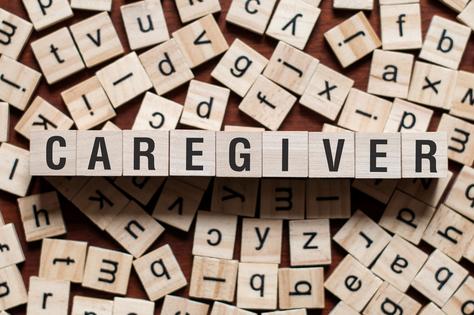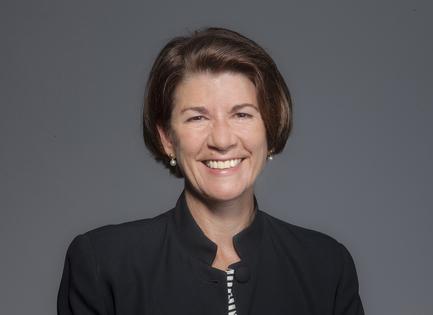Ask Amy: Abused daughter is now angry caregiver
Dear Amy: I was physically and emotionally abused as a child. Mom probably has a personality disorder and Dad is a willing enabler and child beater.
I left home 45 years ago, at age 17.
I have a happy marriage and am close to my adult kids. Ditto for my long-distance younger brother. He has no love for either parent, but out of duty calls Dad weekly. He does not have any relationship with Mom.
My brother and I have good lives, but there is a broken place inside both of us.
My elderly parents moved close by me so I could take care of them in their declining years. I thought I could do it with compassion in my heart, but I find that I’m filled with anger and resentment. Still! Even though they’re very old. My dad is receiving hospice care, but Mom is robust, and could easily live another 10 or 15 years.
I visit two to three times a week, plaster on a fake smile, and pretend to care.
I know how grotesque that sounds. I hate feeling this way.
I’m seeing a therapist, but it is not doing much good unraveling 60 years of malice.
How do other people handle caring for aging abusive parents?
– Sad Mad Daughter
Dear Daughter: Many people don’t care for aging and abusive parents. (You might be amazed at how often elderly people in long-term care facilities have no visitors.)
I assume that sometimes these family members are wracked with guilt about staying away. Others are doing their best to take care of themselves – as your brother seems to be doing.
If your parents have been living independently and relying on you for basic necessities, when your father passes away, your mother’s living situation will have to change. Look now for an assisted living situation for her. If she refuses, a social worker can define her choices, while you step back.
Because you accepted (or assigned yourself) the role of caregiver, you should now redefine what that means. If you make sure your mother has clean and safe housing, food, and medical care – then this is a compassionate response to her basic needs.
Must you see her three times a week with a smile plastered on your face while you boil over in anger? No.
When you are behaving in a way that causes you pain (multiple visits a week), the most logical reaction is to behave in a way that lessens the pain (reduce to one visit a week).
Understand that the people who traumatized, abused, and beat you as a child will not deliver a satisfying ending for you now.
Work with your therapist on a program of “loving detachment,” where you can create and enforce boundaries, while releasing any expectations regarding a reckoning.
Dear Amy: My teenage son is a very good tennis player, and plays competitively in tournaments.
He has competed from a very young age, but more recently he has experienced a string of losses that are debilitating to his confidence and to the quality of our family life.
When he loses close matches, it produces lot of arguments within our family and some finger pointing, and of course anger that makes some weekends very stressful.
I’m seeking any advice or ideas that you may have to address this problem.
– Tennis Dad
Dear Dad: Your son would benefit from some therapeutic “coaching” from a qualified counselor who has experience working with high-octane teens.
You should not pressure him, and make sure he understands that winning at life will always be more important than winning at tennis.
Stepping away from tennis altogether for a time (if he wants to) might help him to clarify whether he can feel joy playing well in a tough match, even if he loses.
I recommend that your family read Andre Agassi’s riveting and revealing autobiography: “Open: An Autobiography,” (written with J.R. Moehringer), (2009, Knopf).
Agassi wrote: “A win doesn’t feel as good as a loss feels bad, and the good feeling doesn’t last as long as the bad. Not even close.”
Dear Amy: People often ask you how to respond when someone directs an offensive or baffling comment their way.
I know they are looking for a good one-liner, but my mother had a way of shutting people down: She would just quietly look at them and not say anything.
Sometimes the best comeback is no comeback.
– Missing Mom
Dear Missing: I thought my mother invented the long stare!
I agree that it is very effective, and strangely terrifying to behold.
========
(You can email Amy Dickinson at askamy@amydickinson.com or send a letter to Ask Amy, P.O. Box 194, Freeville, NY 13068. You can also follow her on Twitter @askingamy or Facebook.)
©2022 Amy Dickinson. Distributed by Tribune Content Agency, LLC.


















Comments